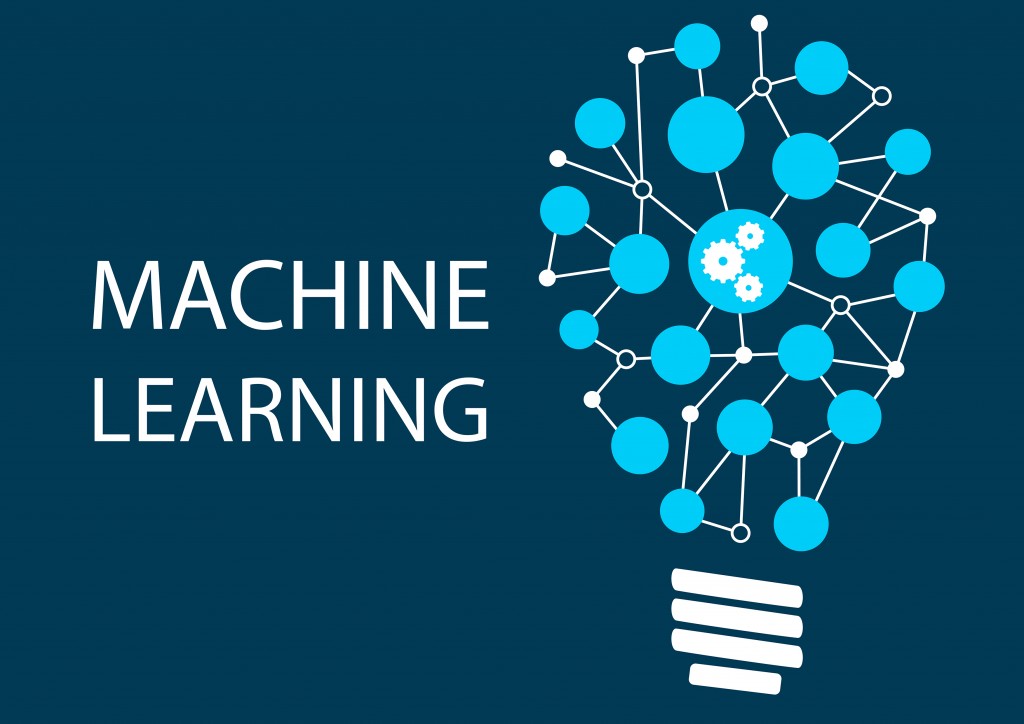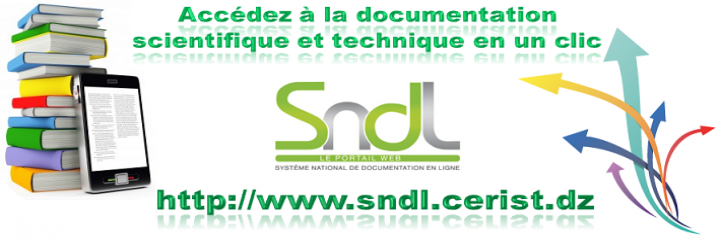ML Team
ML Team
Machine Learning
Team Leader: Dr.NEMISSI MOHAMED
The machine learning (ML) team is created, with researchers having a fairly long trajectory in the field of artificial learning for the sharing of expertise on the numerical and symbolic approaches applied to different domains and the implementation of such mechanisms on artificial systems. The following three points provide a good indication of the team's field of activity and its objectives:
- Development of intelligent and autonomous systems based on learning methods for real-time decision-making applications;
- Development of algorithms combining the advantages provided by the different possible hybridizations by evaluating the quality of the response provided by the system.
- To benefit from many disciplines of the development of these intelligent systems: medical field for the help with the diagnosis, in the industrial field the detection of failures or defects of manufacture of a product (non destructive control)
Scientific foundations
The research of the "ML" team is centered around machine learning, ie the study of algorithms and / or artificial systems capable of acquiring "knowledge" from external data, as well as the modeling of complex systems capable of learning. The diverse backgrounds and complementary skills of current team members are an asset in approaching learning in a multi-disciplinary way and in implementing new approaches, encompassing both digital and symbolic paradigms. This diversity of approaches allows us to collaborate with other researchers and teams in various fields. Here are the highlights:
1) Functional Learning Our research focuses on:
- The design of decision-aid classifiers in different fields;
- The proposal of other hybridization method classification approaches to improve existing systems;
- The development of systems that make it possible to use each of these methods on one hand and to combine the advantages of the different approaches on the other hand.
- The design and study of agent control algorithms in situations where examples are not available;
- Application to control and modeling and simulation of animal and human behavior.
2) Multi-agent system and optimal control This axis will have for objectives:
- The design and study of agent control algorithms in situations where examples are not available;
- Application to control and modeling and simulation of animal and human behavior.
3) Solving the problems of decision-making and optimization This theme will deal with complex environments, even those incompletely defined by the following objectives:
- The design of analytical tools autonomously data from the environment (imprecise and / or uncertain);
- Development of decision support systems appropriate for the environment;
- The development of optimization strategy in complex problems.







